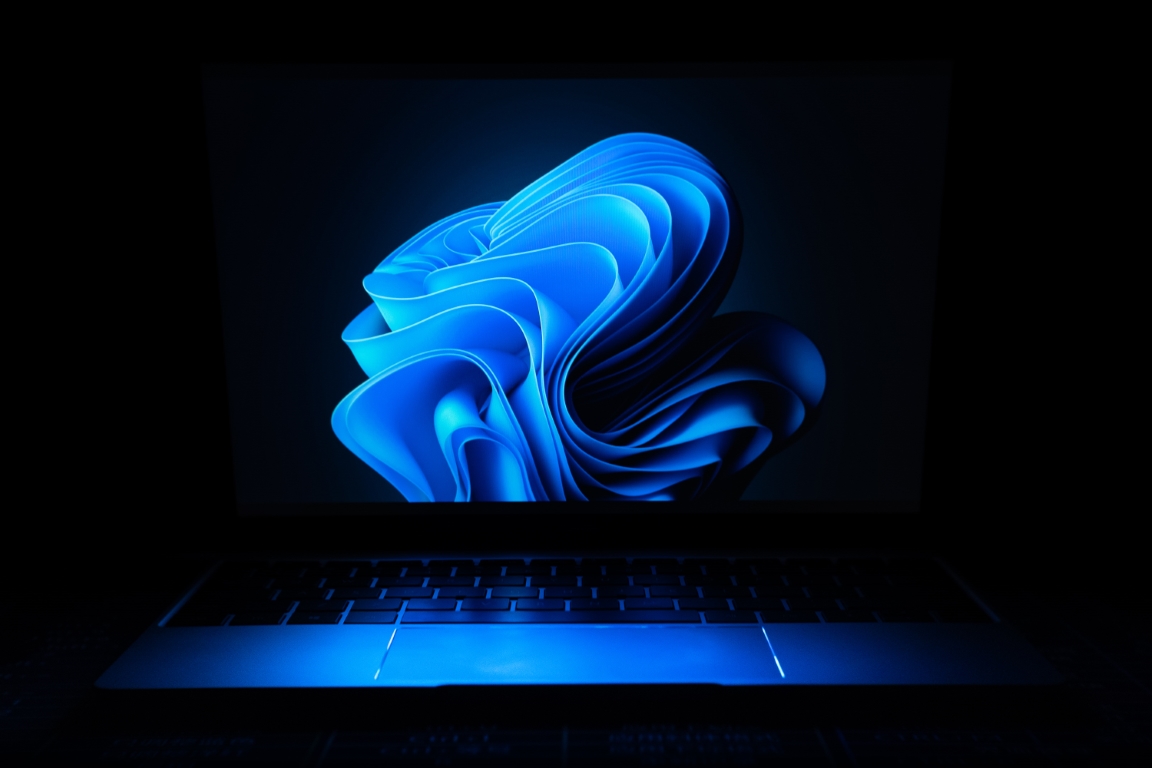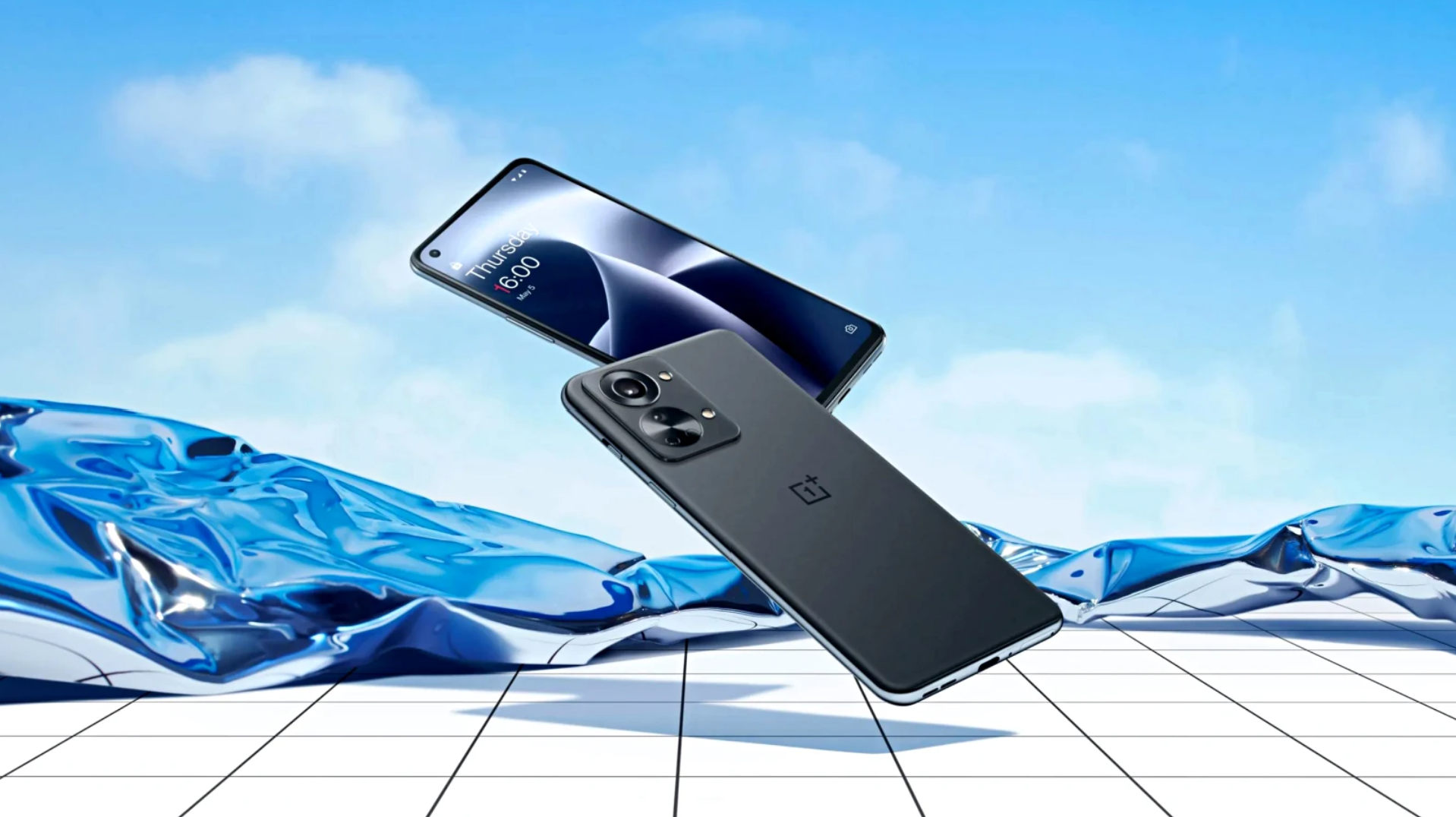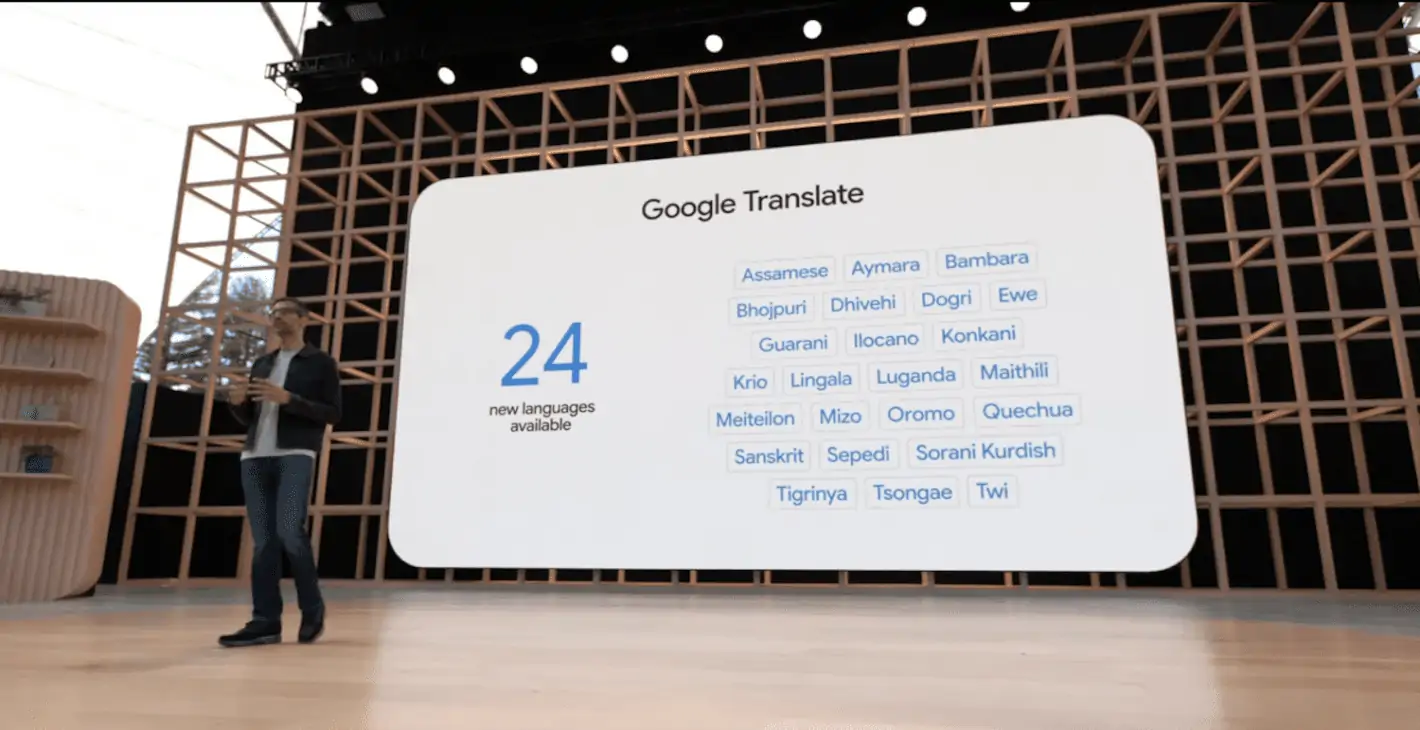Open Garden’s FireChat app quietly changed messaging as we know it with its “off the grid” service. This free application puts you in touch with others without connecting to a -Fi hotspot or cell tower. Since its debut on iOS earlier this year, the app has been bulked up with a bevy of new features, it’s also garnered some press lately for things like helping protesters in Hong Kong stay connected without worrying about cell towers going down.
Curious about all of this, we contacted tophe Daligault, the eting Officer at Open Garden, to talk to us about the app, its increasing popularity, how varying communities have adopted it as their new form of communication. But what we really learned is that Daligault is trying his hardest to take advantage of this so-called “new Internet” not “f*** this up.”
: So, what’s FireChat been up to lately?
Daligault: It’s been a wild ride, but a fun one. [FireChat recently] exploded in Hong Kong… There were more than two million chat sessions on FireChat. A tweet is 140 characters; those chat session lasted an average of three–a-half minutes. I look this I’m thinking, “w, this is like a new form of communication.”
: How has the chat service evolved in the last year?
Daligault: It used to be a troll paradise a few months ago, now we’ve added blocking moderation. But things are [always] different when you put a community of people in a chatroom with the same goals. started to notice that at Burning Man, when the burners were on the road to Black Rock desert. I was on FireChat in the morning I see somebody saying, “ have to turn around…The police tell us there are a thous cars stuck in the mud we don’t know what to do.”
Being the guy I am, I took to Twitter to see what they’re saying— nothing. It took like four minutes for the first tweet on the same topic to pop up, then it took 40 minutes for Burning Man to make a statement, during the past 43 minutes the Burners were on FireChat talking about where to stop, where to find a hotel room. There are D saying “I’m in Reno, I’m going to throw a party, come to this hotel room, it’s free.”
Then I realized, if you have a group of people who have a tight community, have the same interests or concerns, you keep a chatroom like this, it’s great. They actually help one another. This is the same thing that’s happening at a massive scale right now in Hong Kong. The students are using FireChat to help one another.
It’s a good affirmation for us because this technology, things that a lot of people have tried to do…it’s only when you get it out at a large scale, in the wild with all the flavors of devices [mobile operating systems] that you know it actually works. ’re relieved to know it actually works.
: FireChat users now have the ability to pick a username block others. Any other features in the works?
Daligault: The verified account is the next step. [You won’t] be asked to verify your identity—the only thing we know about you is an email address that is it—but if you choose to be verified, because perhaps you’re a news anchor you want to get on FireChat you want people to know that it’s you who is talking… in other words, if you want to speak up, we’ll give you a verified account. en people will see your messages they will know that your account has been verified you’re the person the account says you are. This will also work off the grid.
[itor’s note: This feature since been launched you can check it out in the latest update for Android.]: Is there any fear that with usernames verified accounts, you’ll no longer attract those who want to remain anonymous?
Daligault: ’ll probably bring back some kind of guest mode where people can participate without [hing over] any information, but people will know that person is a guest.
: How long has FireChat been on Android? at attracted you to the platform?
Daligault: launched our first Android app in December 2010. The “mesh tech” was developed for more than a year released in Open Garden (mesh client app) in May 2012.
were attracted by the openness of the Android platform all the wireless radio features that we could access at that time with a simple app.
: Are you an Android user? at kind of phone are you sporting these days?
Daligault: I have a Nexus 5 an ione 5.
: at’s one app you absolutely cannot live without?
Daligault: Uber. If I could, I would not travel to places that do not have Uber (like s Vegas).
Daligault: at’s the future look like for FireChat? For OpenGarden’s other Android apps?
Daligault: I’m going to say something terrible: my mantra is “don’t f*** this up.” If I want to drink my own Kool-Aid, I would say that this is the new Internet. have all these devices everywhere, billions of them. They have tremendous technical capabilities radios what not. y do I have to go through a centrally managed network to do anything on my phone? You have hundreds millions of people in geographies that [can only] afford a one-time payment for a device…those guys, if they want to do something with those phones, they can’t afford a monthly subscription connect to an expensive data plan to connect to an infrastructure [their country] can’t afford to build.
It costs hundreds of billions of dollars to build cell towers lay down fiber all of those other things— I’m not dissing that, it’s very important—but how many millions more devices are coming on the market? IDC said something like 5 billion smartphones, tablets, laptops…then you have so-called [Internet of Things]. all know that [we will be] consuming more data. It’s clear that the current model doesn’t scale, we what think is we need those [people] to go peer-to-peer leverage the infrastructure that already exists— that infrastructure is the smartphones in our pockets.


















